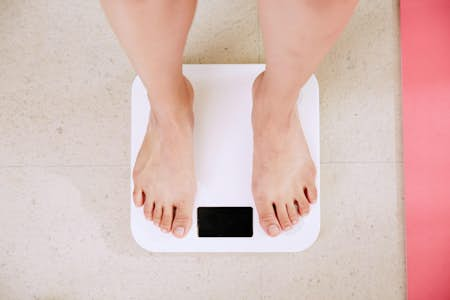The first doses of the Oxford-AstraZeneca Covid-19 vaccine are due to be given on Monday as the number of Covid-19 cases continues to rise.
100 million doses have been ordered, enough to vaccinate 50 million people. These will gradually be produced and become available over the coming months. This order, combined with the Pfizer-BioNTech jab, will be sufficient to vaccinate the entire UK population against Covid-19.
Prime Minister Boris Johnson said, "We will now move to vaccinate as many people as quickly as possible."
53,135 new coronavirus cases were recorded on Tuesday, the highest figure since mass testing began. However, many believe daily infections were far higher during the initial outbreak in spring and are likely to be so now. A further 414 deaths within 28 days of testing positive for Covid-19 were also reported.
There are many logistical benefits for the Oxford-AstraZeneca vaccine. While the Pfizer-BioNTech vaccine must be stored at -70°C, the Oxford-AstraZeneca vaccine can be stored in a standard fridge. Care homes and local GP surgeries will, therefore, be able to have the vaccine on site.
James Gallagher, BBC’s health and science correspondent, wrote that “the approval of the Oxford-AstraZeneca vaccine marks a major turning point in the pandemic.”
“However, the next couple of months still look bleak,” due to the sharp increase in numbers and the potential for the NHS to become overwhelmed.
Oxford Vaccine Group director, Professor Andrew Pollard, said "Our colleagues in hospital are facing some real horrors caused by this virus. The next steps are critical."
He described the approval of the vaccine as an "astonishing achievement" for medicinal research. However, he added that there remains "more work to do" and added that "it's not over yet."
Priority groups to receive the vaccine have already been selected. However, the campaign's focus is now to administer the first dose of the vaccine to as many people as possible.
A Department of Health and Social Care spokesperson told the BBC, “The priority should be to give as many people in at-risk groups their first dose, rather than providing the required two doses in as short a time as possible.
"Everyone will still receive their second dose and this will be within 12 weeks of their first. The second dose completes the course and is important for longer term protection."






